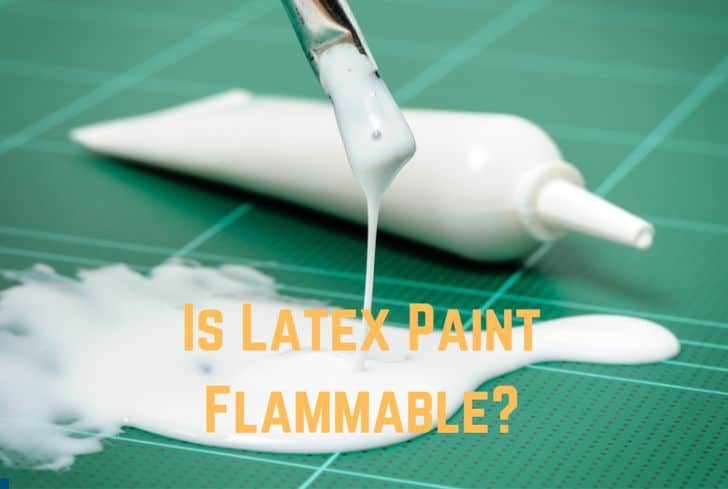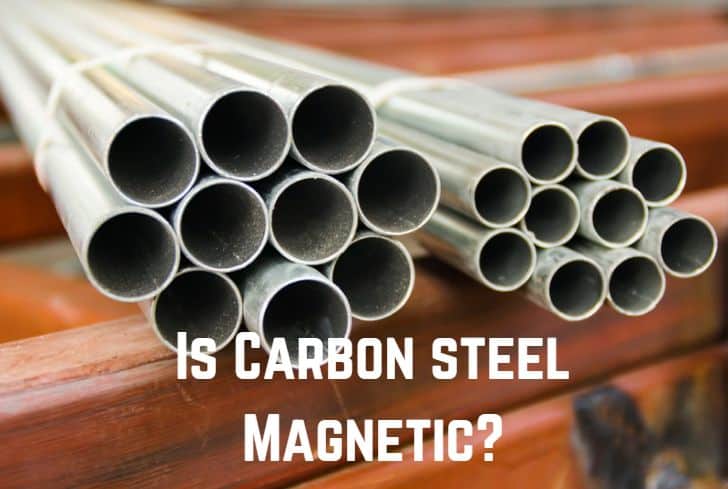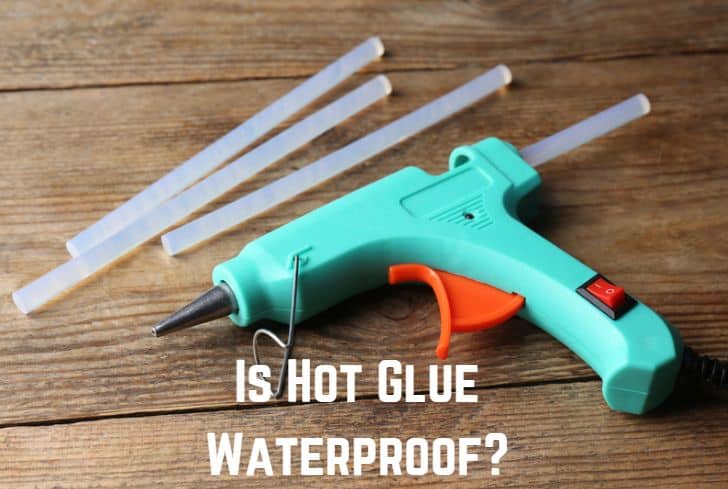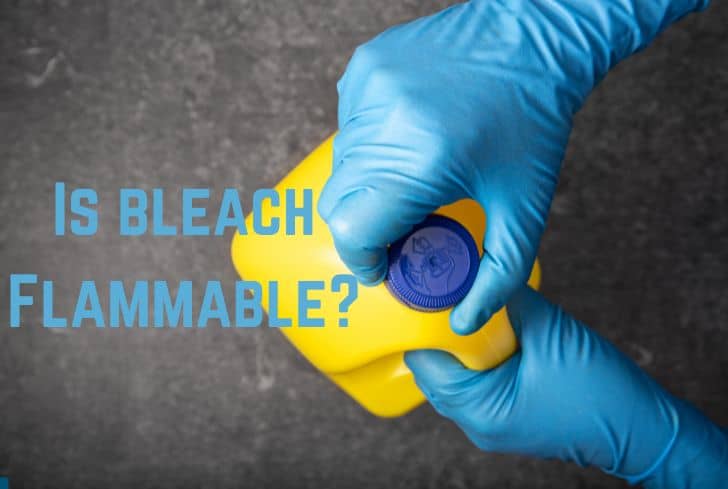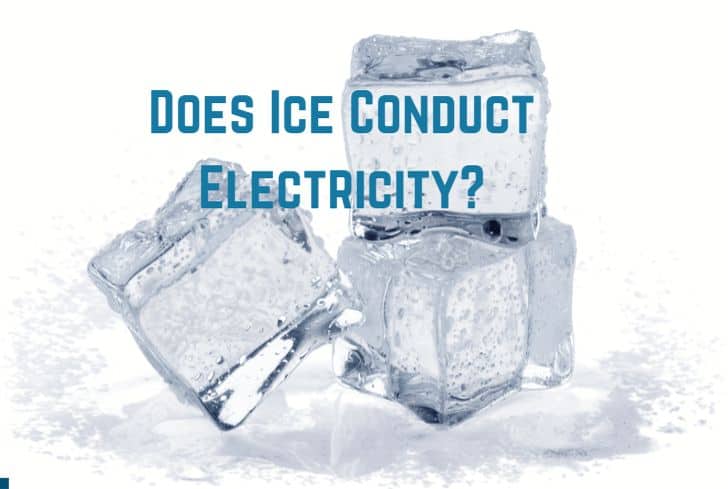Does Sulfuric Acid Conduct Electricity? (Answered)
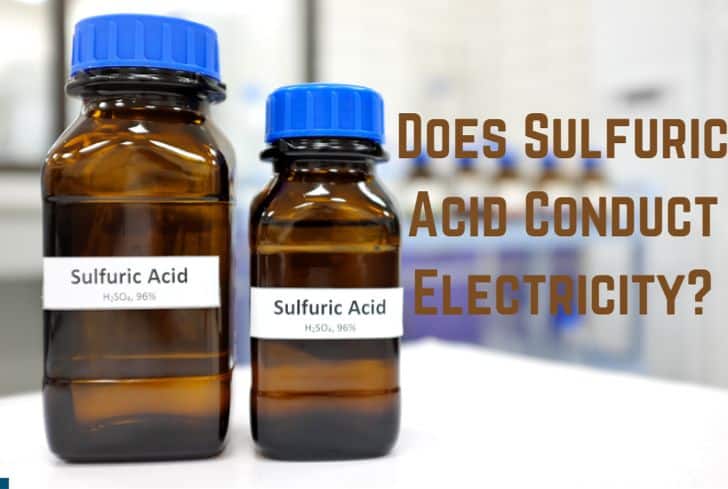
Have you ever wondered how the electrolyte in your vehicle battery, sulfuric acid, functions? The acid functions in a way that charges the vehicle’s battery, creating energy and igniting the internal combustion engine. Does sulfuric acid conduct electricity to enable the battery to work?
In this article, we explain whether sulfuric acid is an insulator or a conductor of electricity. Additionally, you’ll learn whether sulfuric acid corrodes metals, melts plastic, or evaporates. We also highlight the properties of sulfuric acid.
Read: Does Brass Conduct Electricity? (Is It Insulator or a Conductor?)
Does Sulfuric Acid Conduct Electricity?
While concentrated sulfuric acid does not conduct electricity, diluted sulfuric acid does. Sulfuric acid breaks down into hydrogen and sulfate ions when mixed with water. Numerous ions with the electric charge needed to conduct electricity are produced during the separation process. Because concentrated sulfuric acid contains so few ions, it conducts electricity poorly.
Sulfuric acid’s atoms split into positively (cation) and negatively (anion) charged atoms as it dissolves in water. Even without water, the cations and anions flow and conduct electricity. The atoms in concentrated sulfuric acid are bonded together and highly resist electrical conductivity.
Does Sulfuric Acid Have High or Low Electrical Conductivity?
Sulfuric acid has a high electrical conductivity. It is a strong acid that can dissolve in water. It produces a lot of ions in its aqueous solution, making it easy to move around in the solution. These charged free electrons are in charge of conducting electricity.
Sulfuric acid can dissociate through protonation, a procedure known as autoprotolysis. The process allows sulfuric acid to have a high electrical conductivity. A proton is added to an atom, ion, or molecule to create a conjugate acid through the process of protonation. A molecule contributes a hydrogen ion to another molecule through a process known as autoprotolysis.
The sulfuric acid concentrate is a polar liquid. These liquids have an uneven distribution of two hydrogen atoms around the oxygen atom. They also have a little positive or negative charge at their opposite ends. These charged ends draw ions with opposite charges.
Sulfuric acid ionizes into hydronium and hydrogen sulfate ions in water during autoprotolysis. But sulfuric acid will still ionize in the absence of water. One protonated sulfuric acid molecule and one hydrogen sulfate ion is created when the two sulfuric acid molecules autoprotolyze.
Properties of Sulfuric Acid
H2SO4 or H2O4S is the chemical formula for sulfuric acid. Among its many uses, its various properties make it particularly suitable in many different industries.
Here is a table listing all of its typical properties.
| Physical properties | Chemical properties |
| -Has a boiling point 638.6°F.(337 °C) | -Highly soluble in water releasing heat. |
| -Has a melting point of 50°F(10 °C). | -Reacts with most bases to give a corresponding sulfate. |
| -Has a density of 1.83 g/cm³. | -Displaces weaker acids from their salts. |
| -Thick, colorless oily liquid. | -Reacts with metals to producing hydrogen gas and salts. |
| -Corrosive to metals and tissues. | – A strong electrolyte and acid. |
| -Non-flammable |
Does Sulfuric Acid Evaporate?
Sulfuric acid has a low evaporation rate. Depending on the humidity, it takes in water vapor from the surrounding air. Due to its low vapor pressure, sulfuric acid does not readily evaporate. The ease with which molecules on a liquid’s surface can transition into the vapor phase is measured by vapor pressure.
Read: Does Copper Conduct Electricity?
Using butyl acetate as a comparison, which has an evaporation rate of 1, sulfuric acid has a rate that is less than 1. Only at temperatures exceeding 302°F (150°C) will sulfuric acid begin to significantly evaporate. The rate at which a liquid evaporates, however, depends on a number of factors.
These factors are:
- The atmospheric pressure.
- The volatility of the liquid.
- The concentration in the solution.
- The temperature.
Does Sulfuric Acid Expire?
But only if there is nothing for the sulfuric acid to react with. Impurities, reactions with the acid’s container, and atmospheric conditions are all things that might cause sulfuric acid to expire. If there are no impurities, sulfuric acid is stable and has no internal reactions.
Keep sulfuric acids and products containing the acid out of direct sunlight and other heat sources. To prevent vapor buildup, avoid keeping significant amounts of sulfuric acid indoors. Keep acetic, nitric, perchloric, and sulfuric acid separate when storing them.
Read: Does Magnesium Conduct Electricity? (Answered)
Does Sulfuric Acid Melt Plastic?
Plastics melt with sulfuric acid. It oxidizes because of the chemical’s weight and aggressiveness. Plastic is dehydrated by sulfuric acid, and the heat generated by the reaction melts the plastic. If you had put the sulfuric acid in a plastic bottle, the weight of the sulfuric solution would push up against the bottle as the plastic begins to melt, eventually bursting it.
The storage container for sulfuric acid is safe to use if it is made from TeflonTM(PTFE), the most acid-resistant plastic. If you are unsure of the sort of plastic used, it is best to avoid storing strong acids or bases like sulfuric acid in them.
The following three options are the best when searching for sulfuric acid storage solutions:
- Polyethylene or cross-linked polyethene
- Steel
- Fiberglass reinforced plastic (FRP).
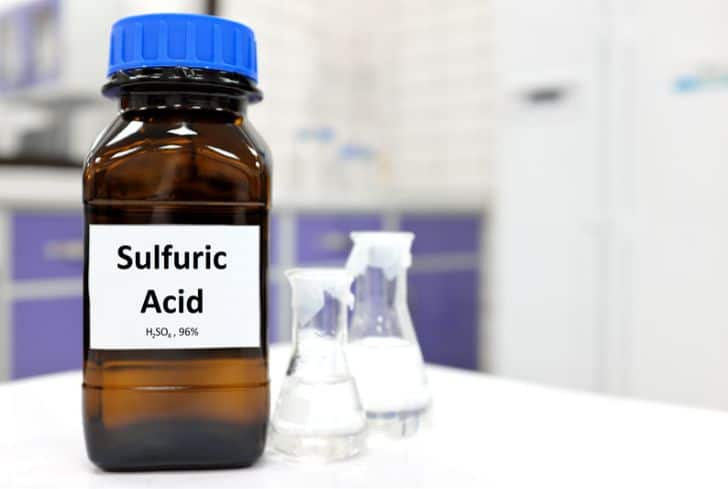
Is Sulfuric Acid an Insulator?
Sulfuric acid is not an insulator. Regardless of its concentration, acid does conduct electricity. Large quantities of the H+ ions formed by the acid in water are present in diluted sulfuric acid. Fewer ions are present in concentrated sulfuric acid. Ions are present in both concentrations and aid in the conductivity of electricity. What varies is the conductivity level.
Concentrated sulfuric acid has a low conductivity, while diluted sulfuric acid has a high conductivity.
Does Sulfuric Acid Corrode Metal?
Sulfuric acid, with a corrosion percentage of 10% and 90%, is corrosive to metals. The acid’s corrosive nature is less intense, where the sulfuric acid concentration is less than 10%. With sulfuric acid, metals like titanium and Hastelloy-C-276-Stainless-Steel will corrode quickly. However, concentrated sulfuric acid is less corrosive to metals.
Storage tanks and pipes made of carbon steel sustain significant damage due to sulfuric acid corrosion. When concentrated sulfuric acid comes into contact with carbon steel, the steel reacts by beginning an immediate acid attack. In response to the acid attack, ferrous ions and hydrogen gas create a coating of FeSO4 that protects the metallic surface.
Read: Does Sulfur Conduct Electricity?
Various stainless steel grades have different sulfuric acid corrosion resistance. Although acidic attacks occur at intermediate contacts, most stainless steel varieties resist sulfuric acid corrosion at low or high concentrations.
Frequently Asked Questions
What is dilute sulfuric acid?
When water concentrations are higher than sulfuric acid concentrations, the result is diluted sulfuric acid. Typically, sulfuric acid concentrations are less than 10%. It resembles water in appearance, is stable, and is not as thick as concentrated sulfuric acid.
It is still a strong acid, and by adding hydrogen ions to water, it can dissolve more. Most materials that come into contact with the acid corrode as a result.
Why does a solution of sulfuric acid conduct electricity better than alcohol?
Alcohol mixed with water results in less H+ ions produced than sulfuric acid when combined with water. So, compared to alcohol, sulfuric acid has more free electrons or mobile ions that can carry an electric current. Another factor is that alcohol is a weak acid while sulfuric acid is a strong acid.
When do acids conduct electricity?
When acids are dissolved in water, they begin to conduct electricity. Acids do not conduct electricity when they are pure because their cations and anions are chemically bound to one another. The bonds between the acids and the water typically dissolve to form the hydronium, hydroxide ions, and hydrogen that are important for conducting electricity.
Acid conducts electricity due to the presence of ions, but the ions also need to be mobile. The cations and anions can be separated when the acid is dissolved in water. When the ions are released, they are free to move, and as their mobility rises, electricity conduction becomes easy.
What are the uses of sulfuric acid?
Sulfuric acid is an important industrial chemical and plays a critical part in the production of many manufactured goods. Highlighted below is a list of some of its best uses.
1. Metal processing involves cleaning iron and steel before applying tin or zinc coating.
2. Washing contaminants out of gasoline and other refinery products during petroleum refining.
3. Manufacturing of fertilizers like superphosphate of lime and ammonium sulfate.
4. Manufacturing of chemicals such as hydrochloric acid, synthetic detergents, nitric acid, sulfate salts, and explosives
5. Creating electrolytes in the battery acid used in lead-acid storage batteries frequently found in automobiles.
Conclusion
Because its ions are now free to flow, sulfuric acid in solution is a good electrical conductor. Any substance must allow for the free movement of its ions in order to conduct electricity. Concentrated acid ions are tightly bound and immobile.
One of sulfuric acid’s rare characteristics is that it melts plastics and has a low rate of evaporation. Metal will corrode when the acid concentration is between 10% and 90%. Sulfuric acid has several applications in manufacturing because of its unique qualities.

